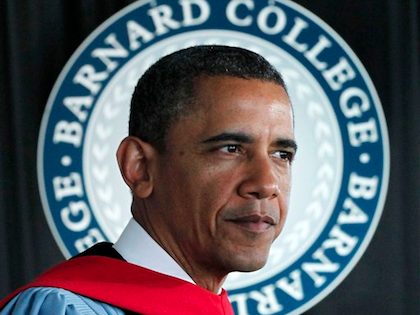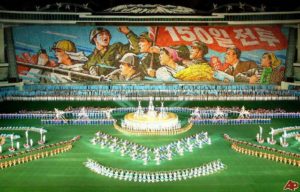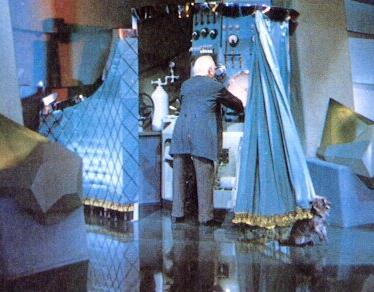How do you decide what you should do with your life? How do you figure out what “a good life” would look like for you?
How do you sort through the possibilities and choose the kind of work you will do? After years of working, how can you transition from a deadening job to work that will energize you?
What happens if you never learned how to think and feel your way through questions like these?
Why aren’t we getting more help here?
One thing is certain: our schools should be doing a better job preparing our kids to lead good and satisfying lives at work and in their communities.
Unfortunately, our students aren’t prepared, because our schools aren’t helping them to identify what they value the most, or showing them how their values can transform the work they will do into a vocation. Increasingly, our kids are left to figure out “how best to live” with no real guidance from educators at all.
Every student is seeking information that will give their lives direction and meaning. But instead of providing this information in a user-friendly way, students get a lesson here (a glimpse of the heroic in English class) and a lesson there (on the football field, in the lab, or from a counselor), but are generally left to put these assorted pieces together on their own. As a result, most students never manage to assemble a roadmap they can follow when they go out into the world.
What follows should not be surprising.
Our kids spend time doing this and that, and dream impossible futures, but they are increasingly unable to discover a path in life that will bring them genuine satisfaction. (For years, Stanford education professor William Damon has discussed why so many young people “fail to launch” in books like The Path to Purpose (Free Press, 2008))
While it won’t change everything, there should be a class in every school that will help students identify what they value the most, and how to apply those values to the decisions they are confronting everyday.
– Students could be given tools like the Rokeach Value Survey to identify their most important terminal and instrumental values.
– They could learn about the value choices made by peer groups and admired individuals, and consider how making different values their lodestar (like “equality,” “fairness,” “freedom” or “security“) can influence their choices about life and work.
– They could learn how their values will change over time as their value awareness improves, and how those changes relate to new goals they will start identifying for themselves.
– They could learn how their behavior and decision-making is guided by their values, not in the abstract but by considering decisions that are being made around them everyday: about allocation of school resources (new equipment for the football team vs. a new chemistry teacher), school conflicts (like bullying) or a political issue polarizing their community.
There might be an institutional drive to combine these value-choice exercises with resume writing or work-interview101—an extension of what guidance counselors are doing in our schools already. That’s ok, because this curriculum has everything to do with the work you will do after school. But it is not just about finding A Job, it is about ultimately finding or creating The Right Job for who you are and what you value the most, so you will gain fulfillment from your effort and maintain a life-long sense of purpose.
To help ensure this result, “resume writing” and “mastering the interview” modules could be combined with an extended exercise where each student prepares his or her own plan for the future. It would be a practical exercise on where their individual values might lead them in the real world. (I’ll elaborate in the next post.)
Why aren’t we giving our kids this kind of learning experience today?

Most students leave school without a compass for navigating the working world. Having only vague ideas about the kind of work that will bring them satisfaction or how to go about getting it, a tremendous effort goes into finding any job—any kind of paycheck. But it doesn’t have to be this way. When students truly want to do something, know why they’re suited to do it, and understand the value to themselves and others that will be gained by doing it, their goals aren’t random and ill-defined, but specific.
Our schools need to be helping students to identify what they value the most, how to identify real-world work that vindicates those values, and how to bring their strongest competencies into their working lives.
What kind of coursework could be more relevant to them or to the challenges they face in the world?
When our schools start integrating their disparate lessons into a curriculum that helps students find their vocations in life, they will be providing our young people with a valuable roadmap that points the way to working lives with both meaning and purpose. And as teachers, Americans, inhabitants of a troubled planet, we would get something too: a chance to mold a hopeful and energized generation to go forth and make the world a better place.
(I’ll be talking about values and education at the #140edu conference, which will be taking place at the 92nd Street Y in New York City later this month. Join me by registering today.)








